In a recent twist in the legal battle involving former President Donald Trump and Deutsche Bank, a managing director from the bank’s wealth management group, David Williams, took the stand to provide insight into the bank’s practices regarding high-wealth clients’ net worth statements. The trial, led by New York Attorney General Letitia James, alleges that Trump and his company inflated their net worth to secure loans from the bank. Williams’ testimony shed light on the bank’s perspective and approach to such situations.
Self-Reported Net Worth and Loan Approvals
Williams began by stating that Deutsche Bank acknowledged that high-wealth clients like Donald Trump might exaggerate their financial statements when applying for loans. However, he emphasized that the bank’s approval of loans was not solely dependent on these self-reported figures. In the case of Trump’s loans, the bank did approve them despite potential discrepancies in his net worth statements.
Allegations of Fraud and Covenant Violations
Attorney General Letitia James had accused Trump and his company of defrauding Deutsche Bank by submitting inflated net worth statements, claiming that this allowed them to secure loans at more favorable rates. Additionally, James alleged that these actions violated loan requirements known as covenants.
Adjustments to Trump’s Net Worth
In 2013, Deutsche Bank’s underwriters made significant adjustments to Trump’s net worth, reducing it by approximately 50% from over $4 billion to around $2.65 billion. Williams, who has a 17-year tenure in the bank’s private wealth management division, characterized this adjustment as not uncommon. He explained that such alterations were typical when evaluating a client’s financial statements.
Due Diligence and Conservative Measures
Williams played a crucial role in overseeing loans related to Trump Organization assets, including the Old Post Office, Doral Golf Resort & Spa, and the Trump International Hotel & Tower in Chicago. He often signed credit reports connected to these loans. His testimony supported Trump’s defense argument that the bank had not been defrauded and had conducted a thorough due diligence process independent of Trump’s personal financial statements, which were later ruled as fraudulent by the judge.
“We expect clients to provide accurate information,” Williams testified. “At the same time, it’s not an industry standard that these financial statements are audited; they largely rely on the use of estimates. That said, we account for that and make some adjustments as a conservative measure.”
Cash Flow Variability
In 2013, Deutsche Bank also adjusted Trump’s operating cash flow to a negative $26 million. Williams clarified that fluctuations in cash flow for high net worth individuals were not unusual, with both positive and negative variations from year to year.
Materiality of Inflated Net Worth
Trump’s legal team argued that any inflation of Trump’s net worth or asset valuations in his financial statements was not material to the bank. They contended that the bank’s lenders had significantly adjusted these values when considering the loan terms during the underwriting process. Williams confirmed that there was an “expectational understanding that there is a use of estimates in the preparation of the financial statements.”
Verification of Material Facts
Deutsche Bank places importance on verifying “material facts” in clients’ finances. Williams personally visited Trump Tower in December 2011 to review bank and brokerage statements, confirming the presence of $51.8 million in marketable securities and $178 million in cash balances. However, after this review, the cash-on-hand amount was adjusted by 50% to reflect the bank’s understanding that not all of the reported liquidity was owned or held by Trump.
Covenant Defaults and Loan Terms
Williams stated that he was not aware of any covenant defaults on the loans with Trump and his company. He explained that a payment default was generally considered more significant than a covenant default in terms of the prepayment of the loan. Trump had not defaulted on loan payments and had since paid off all of the company’s outstanding loans with Deutsche Bank. Additionally, Williams mentioned that loan documents for various Trump assets, including Doral Golf Resort & Spa, the Old Post Office, and Trump’s Chicago property, showed that the loans were renegotiated during the life of the loan to reduce or remove Trump’s personal guaranty. Trump paid fees to the bank and maintained millions in Deutsche Bank accounts as part of these agreements, which ultimately lowered his personal liability.
Flexible Loan Terms and Client Relationships
Deutsche Bank’s approach to clients like Trump involved offering flexible loan terms that aligned with their business strategies, aiming to grow their noncredit relationship with the bank. Williams emphasized that the bank prioritized high net worth clients’ “broader relationship” with the institution.
Legal Proceedings and the Judge’s Decision
At the conclusion of Williams’ testimony, Trump’s attorney, Chris Kise, renewed a motion for a directed verdict to dismiss the case against Trump and his company. Kise argued that Williams’ testimony confirmed that the bank had no issue with the loans extended to Trump Organization. However, Judge Arthur Engoron did not make an immediate ruling, stating, “The mere fact that the lenders were happy doesn’t mean that the statute wasn’t violated, doesn’t mean that the other statutes weren’t violated. I’ll take it under advisement.”
Kise cited testimony from the banker, highlighting that “large changes to net worth were not unusual.” He asserted that this testimony proved there was no intent to defraud and no materiality to any alleged discrepancies in Trump’s personal financial statements submitted to the bank.
Assistant Attorney General Kevin Wallace responded by noting that Judge Engoron had already ruled that Trump and his co-defendants committed fraud in a summary judgment ruling. The remaining claims at issue in the trial did not pertain to direct fraud against Deutsche Bank.
David Williams’ testimony provided valuable insights into Deutsche Bank’s practices when evaluating high-wealth clients’ financial statements and the approval of loans. The trial continues to be a focal point in the legal challenges surrounding former President Donald Trump and his business dealings.


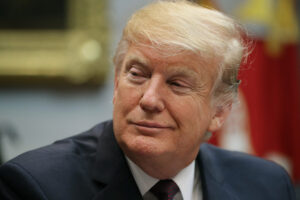


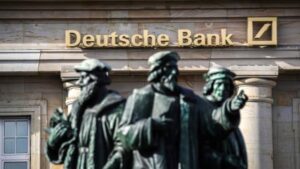


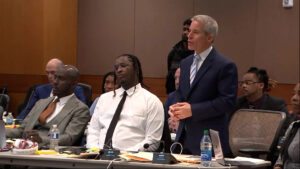
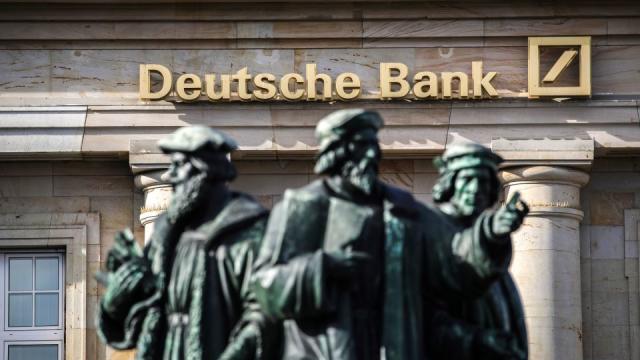

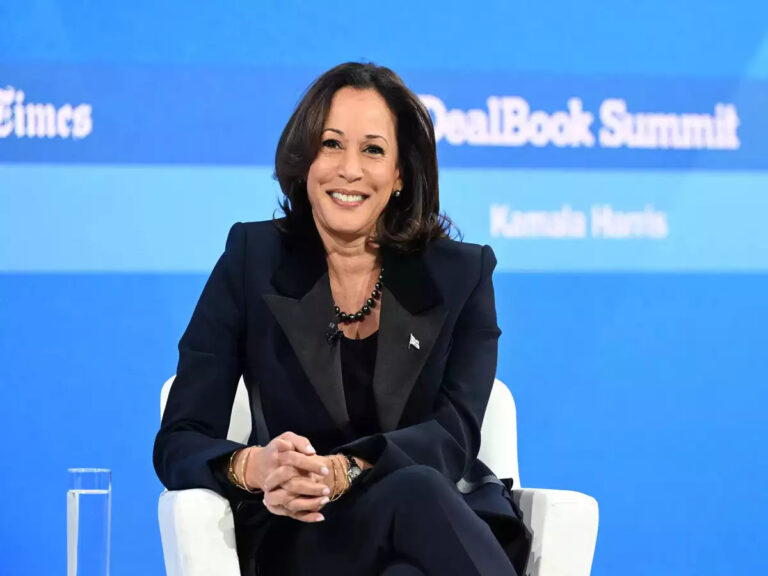
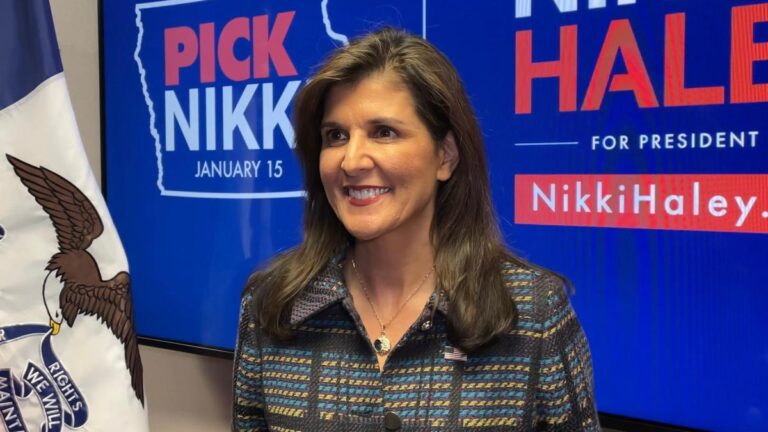


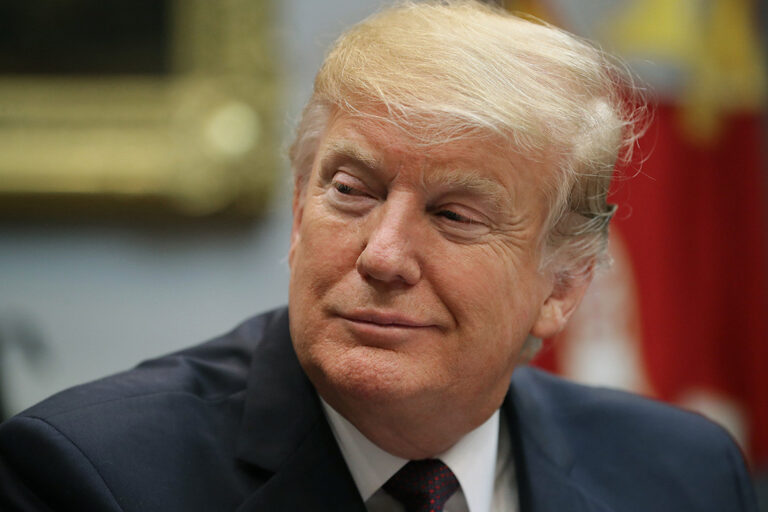



+ There are no comments
Add yours